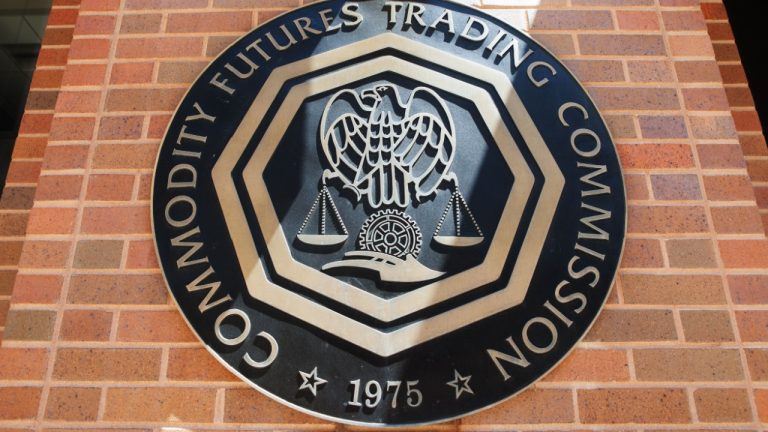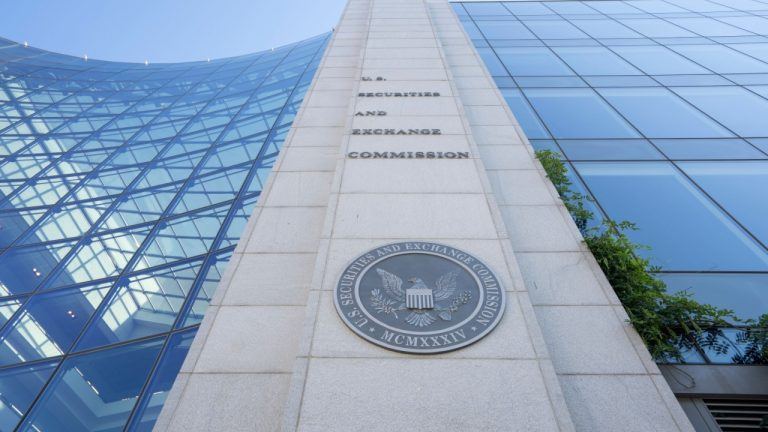
Crypto will be regulated as securities — ICE boss and Senator Warren

Senator Elizabeth Warren’s bill seeks to hand control to the SEC, imposing new obligations on centralized crypto firms, something Jeffrey Sprecher thinks will be good for crypto.
Most cryptocurrencies are likely to be regulated as securities in the United States according to the CEO of Intercontinental Exchange Inc (ICE), Jeffrey Sprecher, and Senator Elizabeth Warren.
The renewed focus on regulating cryptocurrencies as securities comes in light of FTX’s recent implosion, which wiped countless billions from the market, put consumer funds in limbo and soured crypto’s reputation among regulators and officials.
Speaking on Dec. 6 at the financial services conference by Goldman Sachs Group Inc, Sprecher — whose ICE operates the New York Stock Exchange — confidently stated crypto assets are “going to be regulated and dealt like securities.”
He argued this will ultimately result in far greater consumer protections and regulatory oversight of centralized exchanges and brokers:
“What does that mean? It means more transparency, it means segregated client funds, the role of the broker as a broker-dealer will be overseeing and the exchanges will be separated from the brokers. The settlement and clearing will be separated from the exchanges.”
Sprecher also argued new regulation was not necessarily required for crypto as the legal frameworks are already there in terms of securities and they are “just going to be implemented more strongly.”
Senator Warren wants to crack the whip
Crypto skeptic Senator Elizabeth Warren is working on a crypto bill that would reportedly give the Gary Gensler-led Securities and Exchange Commission (SEC) most of the regulatory authority over the crypto space.
According to a Dec. 7 report from online news outlet Semafor, which cited two unnamed sources close to the matter, Warren’s crypto bill is still in its early stages but aims to cover a host of issues including taxation, regulation, national security and climate.
Warren is said to be looking to impose regulatory obligations such as audited financial statements and bank-like capital requirements in particular.
While specific details on the bill weren’t disclosed, Alex Sarabia, a spokesperson for Warren confirmed with Semafor the senator is looking toward the SEC.
“She’s working on crypto legislation and believes that financial regulators, including the SEC, have broad existing authority to crack down on crypto fraud and illegal money laundering,” Sarabia said.
There has been a long-running debate amongst regulators on which crypto assets should fall under the category of a commodity or a security, with Bitcoin (BTC) being the only asset to unanimously be seen as a commodity due to its truly decentralized nature.
Related: US CFTC commissioner calls for new category to protect small investors from crypto
Ether (ETH) has also been discussed as a commodity at times but with far more pushback. Notably, Commodity Futures Trading Commission (CFTC) chief, Rostin Behnam, recently backtracked on his view of ETH being a commodity while speaking at an invite-only crypto event at Princeton University. He now believes on Bitcoin holds that status.
Over in the crypto world, MicroStrategy founder and Bitcoin maximalist Michael Saylor has gone one step further by essentially calling for all crypto assets that aren’t BTC to be shut down, as he argued they are “committing securities fraud.”
During a Dec. 6 appearance on the PDB Podcast, Saylor reiterated his opinion that assets such as Ripple (XRP), ETH and Solana (SOL) are all unregistered securities as they were issued and controlled by centralized entities.
Painting a scenario he would like to see, the fervent BTC maxi noted “the best thing for the world would be for the SEC to shut down all of it.”
Twitter users have, of course, mocked him for making such comments:
Imagine calling yourself a “Bitcoin maximalist” and then calling something an “unregistered security” which is something enforced by governments/nation states
Saylor is an embarrassment and is the furthest thing from a cypherpunk
— sassal.eth (@sassal0x) December 7, 2022
Go to Source
Author: Brian Quarmby









